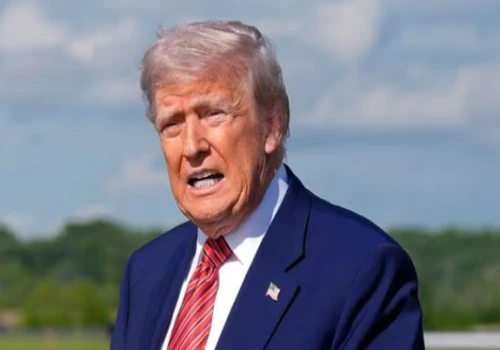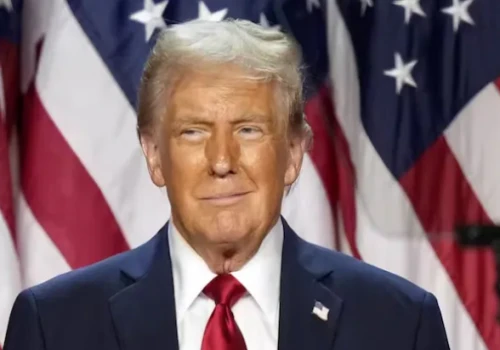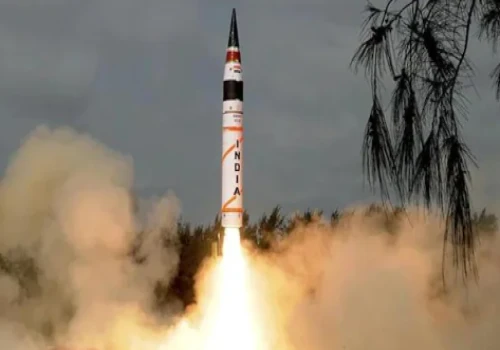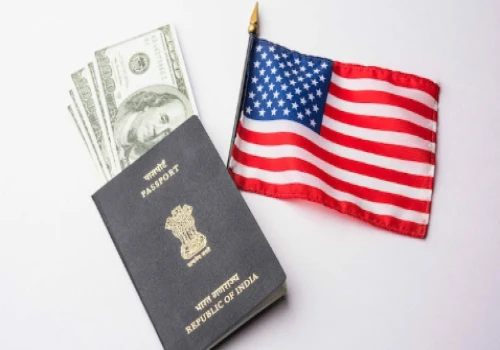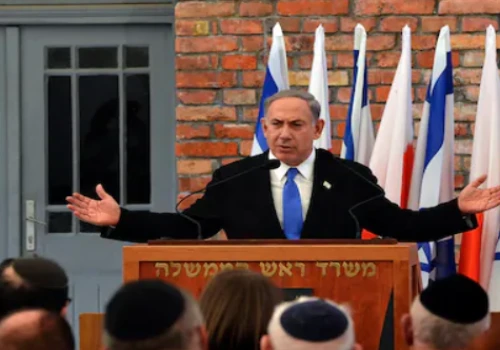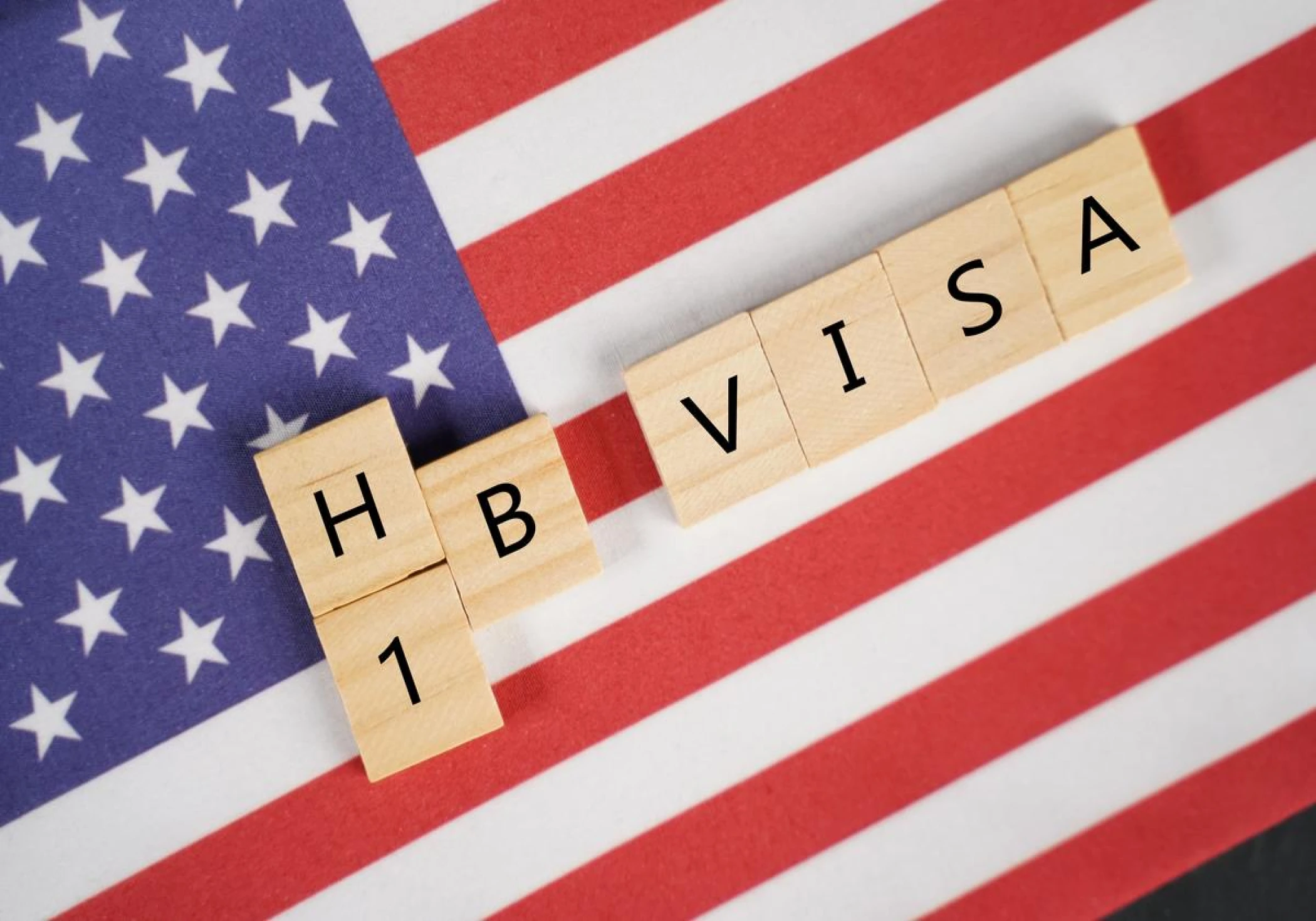
Significant changes to the highly sought-after H-1B visa will go into force on Friday, January 17. The updated policy seeks to guarantee efficiency, equity, and openness when recruiting skilled foreign workers to the US. Employers in the US are permitted to temporarily hire foreign workers in specialised occupations that demand highly specialist knowledge under the H-1B nonimmigrant visa programme. The majority of people in the US with H-1B visas are Indian. In 2023, 72.3% of the 386,000 H-1B visas granted were to Indians. This indicates that the changes made to the visa programme will mostly benefit Indian techies.
The US Citizenship and Immigration Services claims that the changes to the H1-B visa programmes will not only expedite the approval process but also increase the program's flexibility, allowing firms to keep their skilled workers.
Indian IT firms and professionals, who dominate the H-1B visa landscape, are likely to experience a mixed impact from these changes. Indian techies with advanced degrees in STEM fields and those employed by U.S.-based companies may find increased opportunities due to a preference for high-skill workers. Wage transparency and enforcement may lead to fairer compensation, elevating the status of Indian professionals in the U.S. job market.
Indian outsourcing firms, which often rely heavily on H-1B workers, may face higher operational costs and stringent compliance requirementsSmaller employers may struggle with the administrative burden of the new rules, potentially reducing the number of visa sponsors.
The Indian IT sector has expressed cautious optimism about the changes. Nasscom, India’s technology industry body, welcomed the focus on transparency and meritocracy but urged the U.S. government to ensure the rules do not deter skilled professionals from contributing to the U.S. economy.
There is excellent news for US students on F-1 visas who want to switch to an H-1B visa. In order to "prevent disruptions in lawful status and job authorisation," their F-1 visa will automatically extend until April 1 of the relevant year while their H1-B visa application is being reviewed.
The H-1B program's modifications are intended to fortify its integrity and prevent abuse. The DHS may require papers to verify the authenticity of the work, and the company submitting an H-1B visa petition must demonstrate that the beneficiary is available for a valid "speciality occupation" position. In addition, the petitioner must be legally present in the United States and the petition must comply with the Labour Condition Application (LCA).



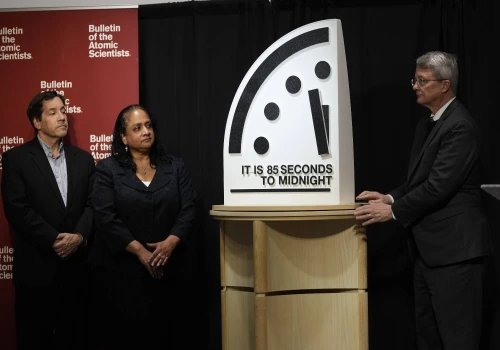

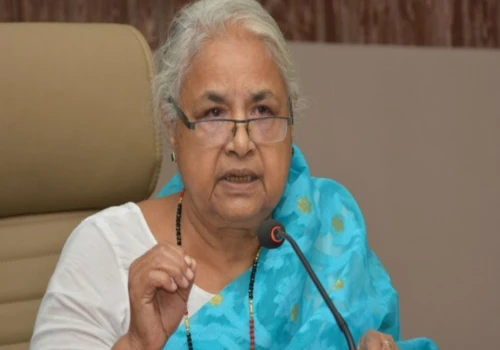
_500_x_350.webp)

